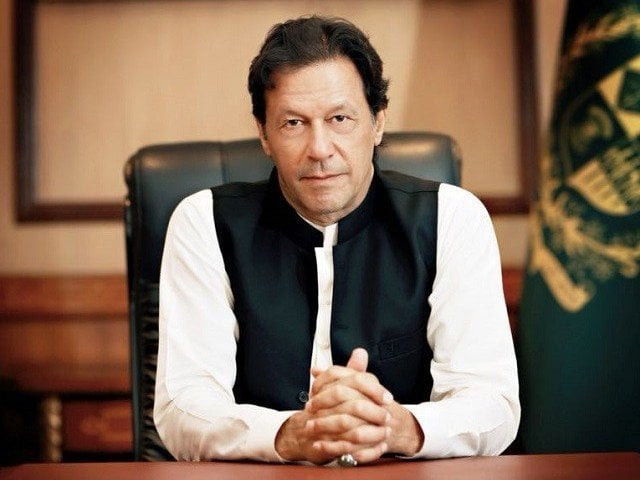Pakistan needs to take steps to ameliorate governance standards
Has shown below average performance compared to South Asia on many indicators

PM Imran Khan. PHOTO: GOVERNMENT OF PAKISTAN
This is inclusive of the process by which governments are selected, monitored and replaced; the capacity of the government to effectively formulate and implement sound policies; and the respect of citizens and the state for the institutions that govern economic and social interactions among them.
Theories from the domain of new institutional economics accentuate the importance of strong institutions in overall economic progress of a nation. The field offers an economic perspective that attempts to extend economics by focusing on social and legal norms and rules (ie institutions) that underlie economic activity.
A question that arises is can governance be measured and what is the performance of Pakistan on this front?
Governance indicators: the case of Pakistan
The Worldwide Governance Indicators (WGI), developed by the World Bank, reports aggregate and individual governance indicators for over 200 countries and territories for the period 1996-2017 by covering six dimensions of governance.
These include voice and accountability, political stability and absence of violence, government effectiveness, regulatory quality, rule of law and control of corruption. These aggregate indicators combine the views of a large number of enterprises, citizens and experts in a survey in industrial and developing countries. They are based on over 30 individual data sources produced by a variety of survey institutes, think tanks, non-government organisations, international organisations and private-sector firms.
Data from 2017 illustrates that Pakistan has shown improvement in all the six dimensions of governance, with the greatest increase in the ‘control of corruption’ factor. The improvement is relative to earlier recorded measurements of the above six indicators in 2008 and 2012.
However, as compared to the South Asian average and other countries in the region, the performance is quite poor. India and Sri Lanka have consistently outperformed Pakistan by wide margins. A case in point is the ‘government effectiveness’ indicator where the South Asian average stands at the 41st percentile. India leads the region with a percentile ranking of 57 while Pakistan stands at a dismal 31.
Pakistan has also shown below average performance compared to South Asia on voice and accountability, political stability and act of violence, rule of law and control of corruption. These six governance indicators, although being too broad for formulating policy recommendations, are useful for cross-country comparisons and for the evaluation of a trend that can be witnessed across time.
Moreover, specifically in the context of Pakistan, they should also be used by media and other analysts performing economic analysis to form and disseminate an informed opinion rather than relying on baseless fake news to create mere sensation.
Policy recommendations
Countries with strong institutions prosper by creating an environment that facilitates private-sector growth, reduces poverty, delivers valuable services and earns the confidence of their citizens – a relationship of trust that is created when people can participate in government decision-making and know their voices are heard.
Pakistan has witnessed improved governance over time but serious work needs to be undertaken to further improve it.
Our neighbouring countries in the region can provide good examples of the steps they took to ameliorate their governance standards. There is also a need for more informed and detailed country-specific diagnostic data that can identify relevant constraints to governance.
This will help to evaluate performance and identify relevant gaps where greater effort is needed.
The writer is a doctoral candidate at The Bartlett, UCL
Published in The Express Tribune, November 1st, 2018.
Like Business on Facebook, follow @TribuneBiz on Twitter to stay informed and join in the conversation.



















COMMENTS
Comments are moderated and generally will be posted if they are on-topic and not abusive.
For more information, please see our Comments FAQ